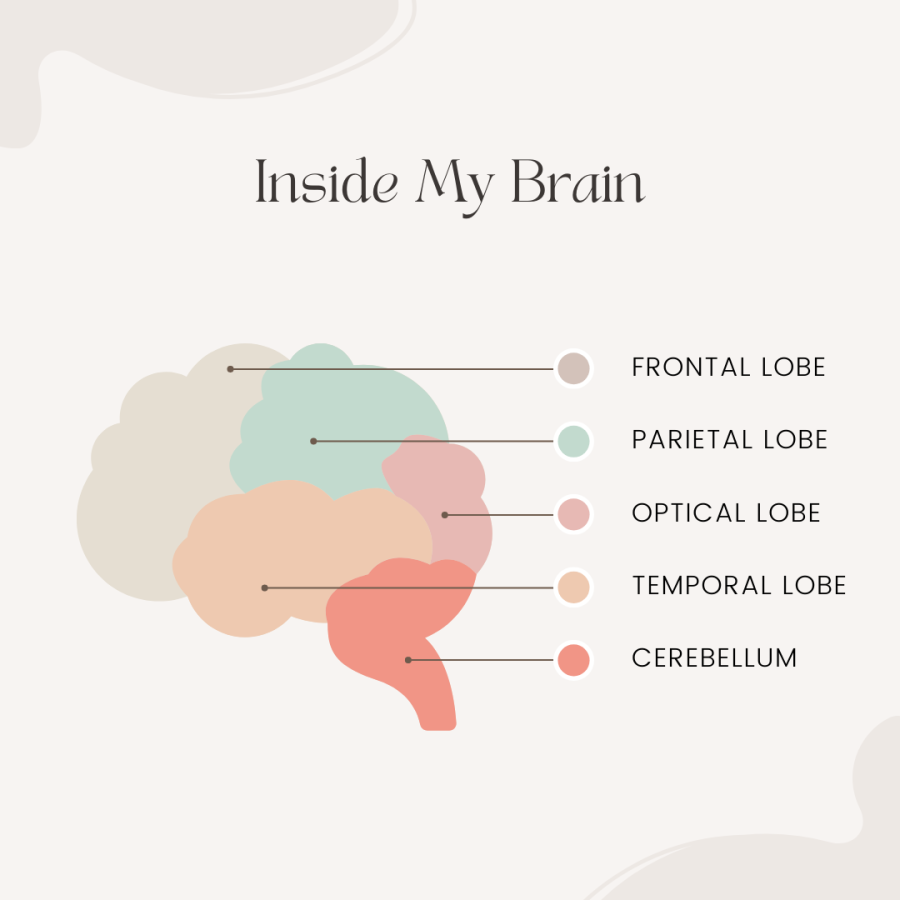Why Do We Dream?
We dream all the time, but what are we dreaming about? It’s unusual to hear people questioning their dreams aside from those times when someone wakes up and talks about the weirdest dream they’ve had. Most of us go through everyday life with the worry of dreams non-existent. Dreams can be healthy, but they can also be harmful, which is usually when they turn into nightmares. Those nightmares make many wish that we had more control over our dreams, a phenomenon called “Lucid Dreaming”. Lucid dreaming is a way of dreaming when you can control your own dream. Some people go through life without having many lucid dreams, while others are having them constantly. Rarely do people talk about dreams but it should be a more widely discussed topic, because by knowing more about ourselves and our brain, we are able to grow.
Dreams arrive during certain stages throughout your sleep. They’re actually hallucinations that go on inside your rapid eye movement, or the REM sleep. However, during the REM stage of sleep you’re less likely to remember what went on in your dream. Although there’s much information explaining the correlation between dreams and metabolism, blood pressure, brain function, and other health aspects, researchers have found it difficult to explain the role of dreams. During the day when you are awake your thoughts are logical, but when you’re sleeping these thoughts will often make little or no sense at all. This may be due to the fact that dreams trigger the emotional centers of the brain instead of the logical section of one’s brain. On the other hand, dreams can also be affected by what’s happening in daily life. While sleeping, your brain is operating on a higher level of emotions that is able to make connections that it couldn’t make when you were awake. There are many theories as to the role behind dreams, but they continue to be constantly questioned.
Now during your REM sleep, you typically won’t remember your dreams. This is not the case with lucid dreaming (or vivid dreaming). Lucid dreaming is typically more intense and will have you recalling your dream. These dreams can also be positive, negative, or even fantasies. Traumas, stress, and anxiety are all big factors for causing someone to have this type of dream. On top of that, sleeping disorders can also cause vivid dreams and prevent someone from getting the right amount of sleep. While lucid dreaming does have it’s ups, it also has its downs. A psychology teacher from Point Pleasant High School explains that “Lucid dreaming can damage sleep quality because the more vivid the dream the more likely you are to wake up”. While lucid dreaming can be controlled and used for your benefit it also has negative side effects like mood swings, thoughts of suicide, daytime sleepness, and resitence for sleep. Like everything, there are positives and negatives to lucid dreaming, but it shouldn’t be something you’re afraid of.
While sleeping is beneficial for your health, it is also good for your brain. Dreams help you store important memories and get rid of the useless ones. During your sleep dreams also can help sort through complicated thoughts and feelings. Furthermore, when you learn something new and sleep on it you are more likely to recall it the next day. However, the answer to why dreams help memories and restore them is still a question to scientists. Interestingly enough, dreams can also block out stimuli that could interfere with learning and memory. They make it easier to take out painful emotions we felt during the day. Without dreams we would not be able to function properly because our brains need them. Going forward, it’s always important to remember that we need dreams because they’re crucial to us. Next time you have a lucid dream remember to go over so you know what happened.

My name is Ava and I’m a sophomore at Point Borough High School. I am involved with basketball and Italian club. I joined Journalism because I enjoy...







